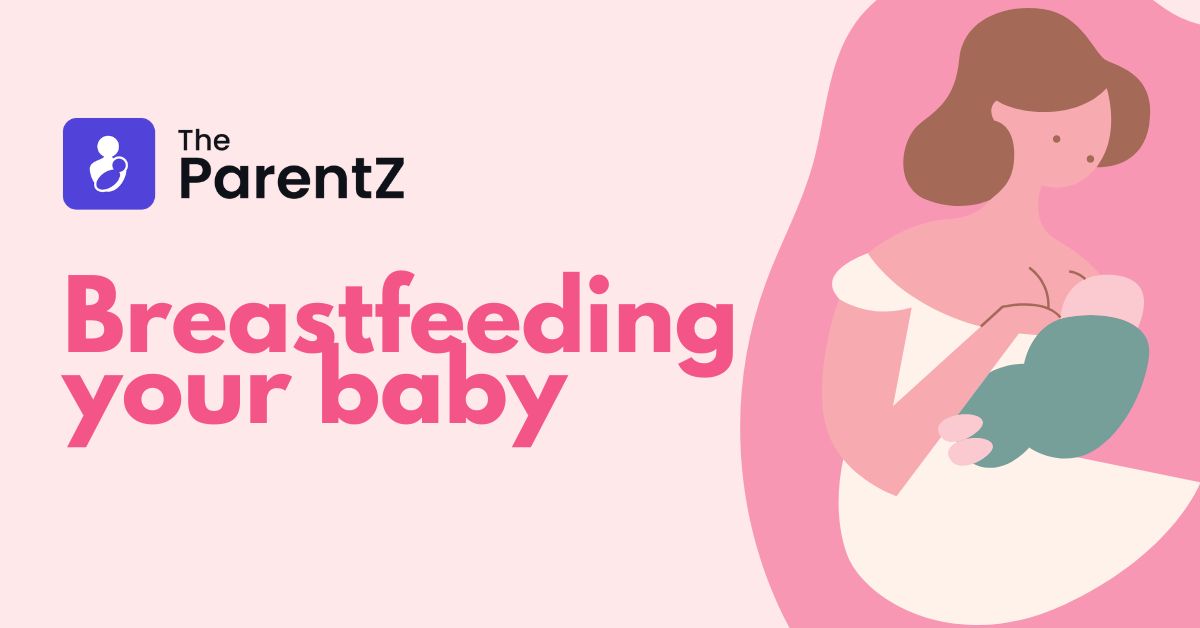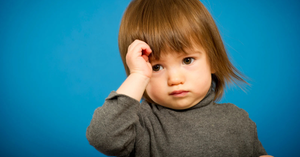What is breastfeeding?
Breastfeeding refers to the act of feeding breast milk to your child. In ideal terms, it refers to feeding via the suckling of the baby rather than feeding of expressed breast milk. Breastfeeding should be started as soon as possible after birth and has a plethora of advantages over formula feeding, both for the mother and child.
Why should you breastfeed?
Breast milk is the ideal food for infants. Under all circumstances, infants should be solely given breast milk for the first 6 months of their life. Supplementary feeding is not required and strongly advised against. Breast milk alone can complete the nutritional needs of a newborn child. The advantages of breastfeeding for your newborn are-
- Breast milk has a high protein and energy content, around 1.1g protein and 70 kcals per 100ml which is enough for a baby.
- Breastfeeding is safe, clean and hygienic for your child. It is also readily available at an optimum temperature.
- It is easy on the gut of babies, easily digested by both term and premature babies.
- It promotes good bonding between the mother and baby.
- The act of sucking itself helps in development of the jaws and teeth of the baby.
- It protects your baby against the extremes of nutrition, both malnutrition and obesity.
- Special fatty acids which are present in breast milk help in the development of the brain and eyes of a baby.
- Babies who are breastfed tend to have a higher IQ than a non-breast fed baby.
- Some antimicrobial factors and antibodies such as IgA are present in the breast milk. These help protect the baby against various diseases.
When should you start breastfeeding?
The first milk which is expressed is known as colostrum. The baby should be breastfed the colostrum within the first few hours of the life as opposed to waiting for a few hours which is the common practice.
It helps to establish a feeding for the baby and also encourages a close mother baby relationship known as bonding. It is also ideal for the health of a child as it contains various nutrients required for optimum growth of the baby, is high in protein and also has anti-infective factors which protect babies against various diseases. It is a practice in some cultures to give the newborn some things like honey, curd or other food material after birth. It should be strictly avoided.
How long and how often should you breastfeed?
A baby does not usually ‘feed the clock’. The feeding patterns of a child are unpredictable and random especially for the first few weeks of life. The frequency and the number of feeds may vary from baby to baby. It depends on the baby’s need, age, strength of sucking and mothers blood supply.
A gap of 1-4 hours is necessary as a rule for both the mother and the baby. Breastfeeding is on demand for the first few weeks of life and babies may feed upto 8-12 times per day, every 1.5-3 hours. As babies get older, the frequency of feeding decreases and becomes more predictable.
Until what age should you breastfeed?
Various health organisations around the world including the WHO recommend breastfeeding a child up to 2 years of age at a minimum. A baby should be exclusively breastfed and no solid food should be given along with the breast milk for 6 months of age. Beyond this solid foods are introduced but breastfeeding is also continued. An infant should be breastfed along with the solid food for a minimum of 2 years of age after which breastfeeding is gradually stopped.








Be the first one to comment on this story.